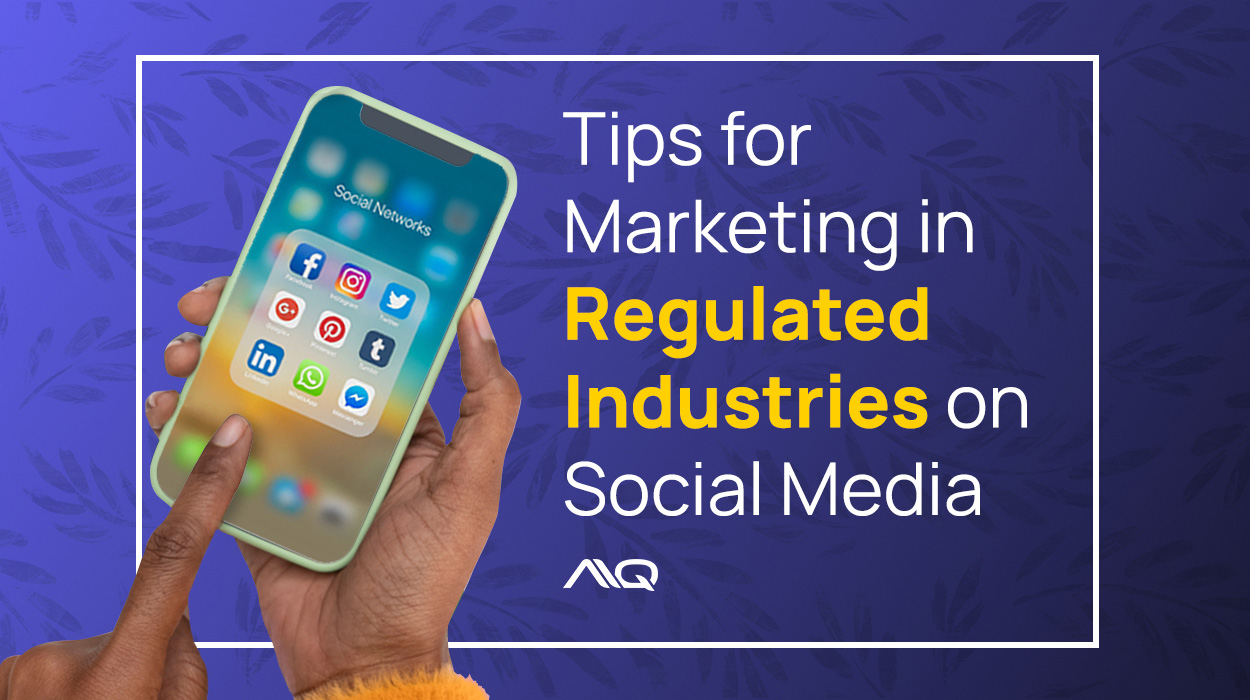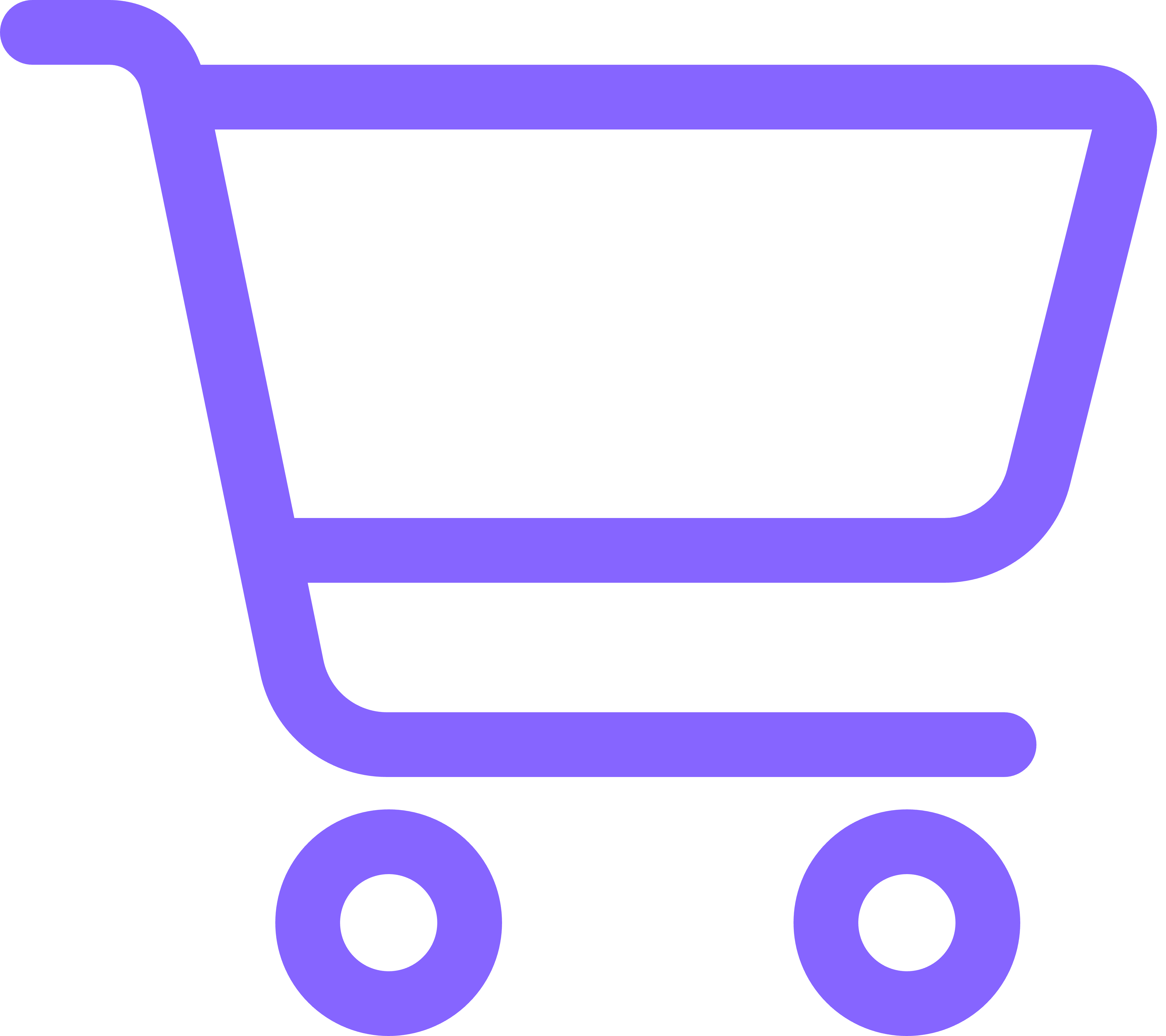Social media has become deeply ingrained into people’s daily lives. It refers to any online platform that enables people to conveniently communicate and easily share content with one another regardless of distance.
For brands, social media can be a means to promote your business and build a relationship with your audience. With over 4.62 billion social media users worldwide, social media holds countless possibilities for brands. So if you’re not on any of the top social media platforms like Facebook, Instagram, Twitter, TikTok, LinkedIn, or YouTube, you’re missing out on many opportunities.
Brands in regulated industries, however, need to tread more carefully regarding social media marketing. In addition to each state and country’s varying laws and regulations, regulated businesses must also maneuver the different restrictions for each social media network.
How can you legally and effectively market your business on social media? We’ll cover that and more in this article.
The Advantages of Using Social Media for Dispensaries
As we mentioned, billions of active users daily engage on social media. In today’s digital-centric world, especially in the midst of the transition to the new normal, having an online presence is no longer optional for brands—it has now become a necessity.
With social media, dispensaries can:
- Widen their reach at a global level
- Reach more niche audiences through social media influencers
- Create more targeted content with granular analytics
- Boost brand awareness and recognition
- Cultivate brand trust and loyalty
Why Regulated Brands Need a Social Media Marketing Strategy
Among the biggest opportunities social media presents to dispensaries is providing a platform to educate customers about the benefits of their products. Given the many misconceptions, dispensaries need to make education a huge part of their social media marketing strategy and promote their products.
Each platform also has its own specific strengths:
- Facebook is a good platform for building a community, cultivating brand recognition and education, and providing customer service.
- Instagram and TikTok are ideal for boosting brand awareness using more artistic and educational content.
- Twitter is best for sharing industry-related news and for providing customer service.
- LinkedIn is ideal for B2B connections and connecting with more high-profile professionals, but not so much for B2C.
However, as we mentioned before, brands that fall within a tightly regulated industry are subject to potentially restrictive social media platform terms and policies when posting content about their products.
Dispensaries must review each social media platform’s guidelines to ensure that you’re marketing your business correctly and legally and prevent your brand from being permanently banned from the platform.
Despite these limitations, it’s not impossible for regulated brands to leverage social media’s advantages. You just need the right strategy.
The Do’s and Don’ts of Regulated Brand Marketing on Social Media
Do’s
- Prioritize customer education: Post informative content that dispels harmful myths about regulated products and educates customers about their health benefits.
- Always check your sources: Before posting any content, be sure that the information you include is from trusted and reliable sources. Post advocacy content to further bolster customer education, such as the latest news on legislative updates, new research data and statistics, and health reports.
- Post more neutral, subtle images of your products: As it is prohibited to explicitly say that your products are for sale, trade, or delivery, subtlety is key. Health and lifestyle shots of products without promoting their recreational use are preferred.
- Keep yourself updated: Rules and regulations regarding regulated industries change regularly, as do the terms and policies on social media platforms. Be sure to stay abreast with the latest updates to ensure that your brand is compliant.
Don’ts
- Don’t explicitly state that you’re selling regulated products: This includes not having verbiage that says your products are for sale, trade, or delivery. Also, do not list the prices or provide any explicit contact information to buy regulated products — however, you can still include a link to your website.
- Don’t be too salesy in your marketing caption: As we previously mentioned, it’s key to be subtle regarding marketing regulated products on social media. Your priority should be educating and building rapport and trust with your audience.
- Don’t post risky content that could be misconstrued by general audiences. This includes content that promotes recreational use, for example. Instead, focus on the health benefits.
- Don’t post any medical claims: While educating your customers about the health benefits of regulated products is essential, be careful about posting unfounded medical claims and customer testimonials.
- Don’t run paid ads that promote the sale or trade of regulated products: Social media platforms generally restrict business pages from running paid ads that sell regulated products.
Marketing your regulated business on social media comes with its fair share of risks. It’s essential to be extra cautious about what you put online and to be updated with the latest rules and regulations. Focus on your social media marketing strategy on customer education while also staying compliant.
It’s also helpful to work with services who are experienced in the regulated industries such as Alpine IQ. We provide a number of marketing solutions that are built and designed for dispensaries, and compliance is our top priority.
Interested to learn more? Contact us at https://alpineiq.com/ to get started!



































